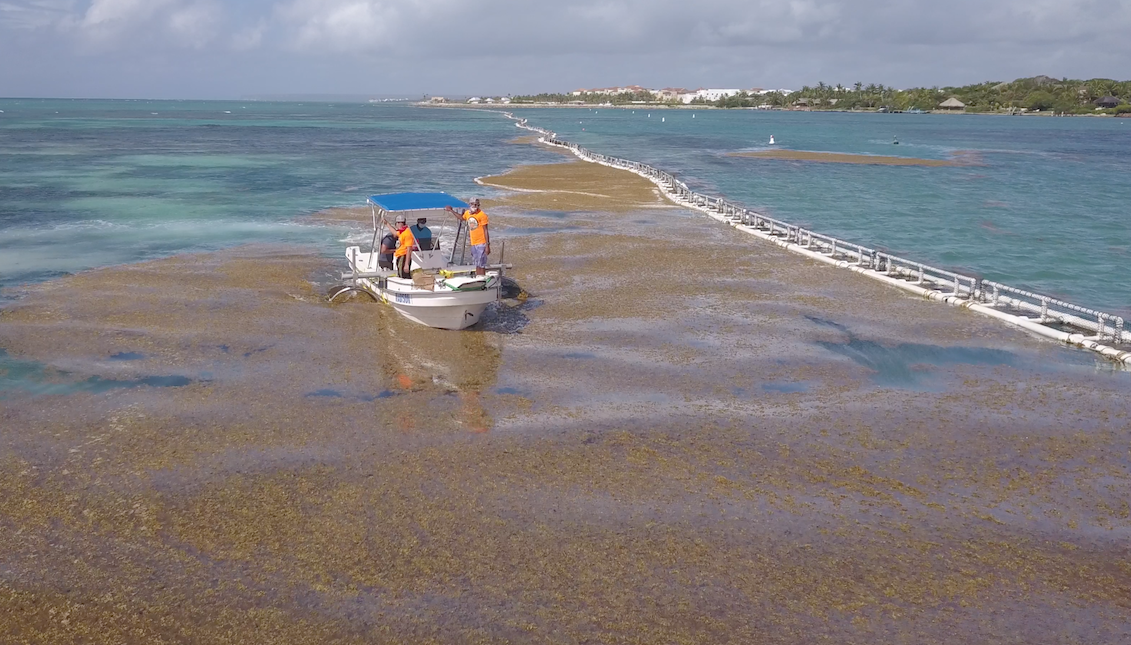
Weighing in on Arturo Chávez Chávez
Chihuahua state native Arturo Chavez Chavez appears to be on his way to becoming Mexico¹s federal attorney general.
His nomination by President Felipe Calderon provoked an outcry from human rights organizations, a member of the European Parliament and relatives of murdered and missing men and women in his home state.
Activists plan to conduct more protests next week when he is expected to meet with Mexico¹s federal senators prior to his formal confirmation.
Chavez, who comes from a politically connected family, served in Chihuahua state as a deputy state attorney general, as the state attorney general and as a regional federal assistant attorney general. Most recently, he worked for the law firm of a powerful politician in Mexico City.
Calderon and his supporters in Chihuahua state said his previous experience makes him highly qualified for the post.
Chavez defended his record as one that addressed crime by putting people in jail, including several men suspected of killing the women.
However, critics contend Calderon should not gloss over some important and inconvenient facts about Chavez¹s past performance.
For example, the notorious and brutal murders of girls and young women in Juárez began and grew under his watch. He and other Chihuahua state officials blamed the victims for their deaths: They were prostitutes, dressing provocatively and hanged out with a bad crowd.
In 1998, the Mexican National Commission for Human Rights, a federal government agency, issued a scathing report that recommended investigating and sanctioning the officials in charge of the women¹s murder investigations.
Raul Romeva, a respected member of the European Parliament representing Spain, issued a statement criticizing Chavez¹s nomination. Romeva visited Mexico when he investigated the Juárez women¹s murders, and continues to stay in touch with victims¹ relatives.
Hester Van Nierop, a citizen of the Netherlands, is among the murdered women whose cases are unsolved. As of this month, more than 600 girls and women have been killed in Juárez. Similar murders have occurred in other parts of Mexico where the drug cartels are active.
Another significant trend began while Chavez served as Chihuahua state¹s top law enforcement official: the birth and explosive growth of the Carrillo Fuentes drug cartel.
Amado Carrillo Fuentes, the cartel¹s founder, lived in Juárez, where he owned several properties and his children attended schools. He was known for giving lavish parties that important business leaders and politicians attended.
During the mid-1990¹s, the cartel disappeared hundreds of people (mostly men) in Juárez, including more than 50 U.S. citizens. No one was ever arrested or charged with these abductions.
El Paso businessman Jaime Hervella said Chavez gave families of the missing people misleading information about their fates. ³He told them they were taken across the border and turned over to the Drug Enforcement Administration,² he said. The DEA scoffed at this allegation.
Hervella and others who are familiar with the early years of the Carrillo Fuentes cartel are not surprised at the present carnage in Juárez.
Judith Galarza, a human rights activist, heard Chavez say once that his staff knew organized crime was behind many of the crimes in Juárez but that his people were afraid to take them on.
This is the same man Calderon has selected to lead the Mexican country¹s war against nationwide organized crime and the drug cartels.
Diana Washington Valdez is a journalist-author based in El Paso, Texas;









DEJE UN COMENTARIO:
¡Únete a la discusión! Deja un comentario.